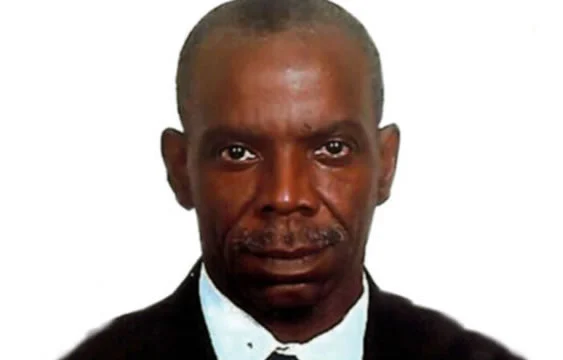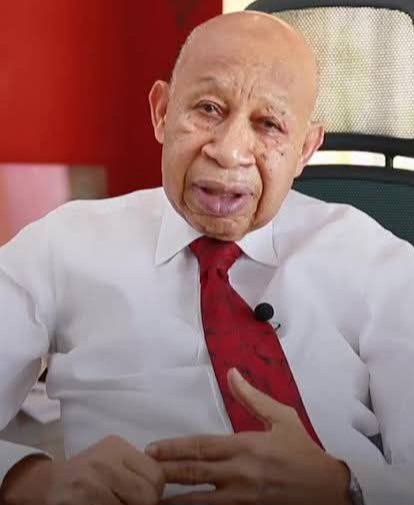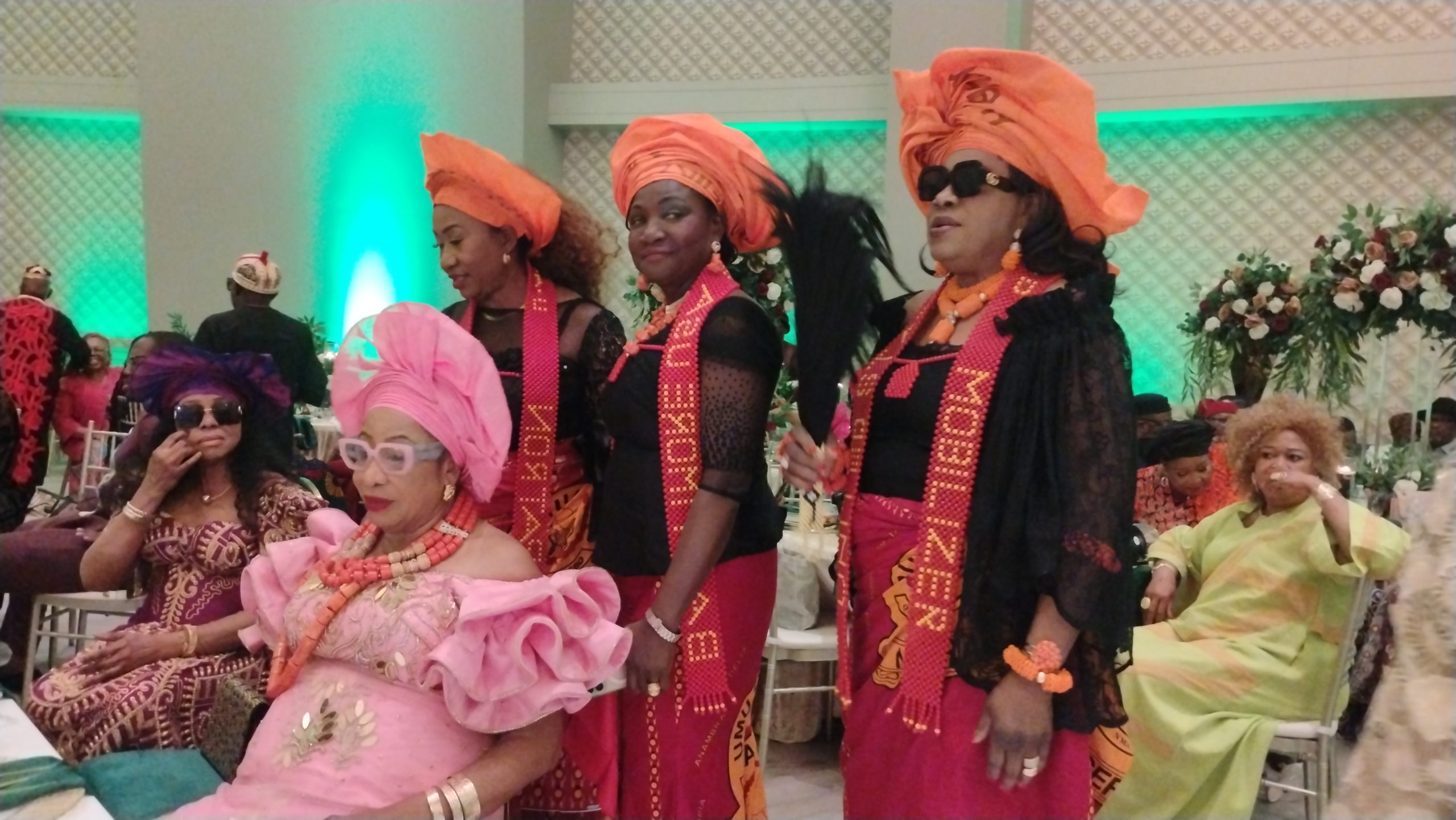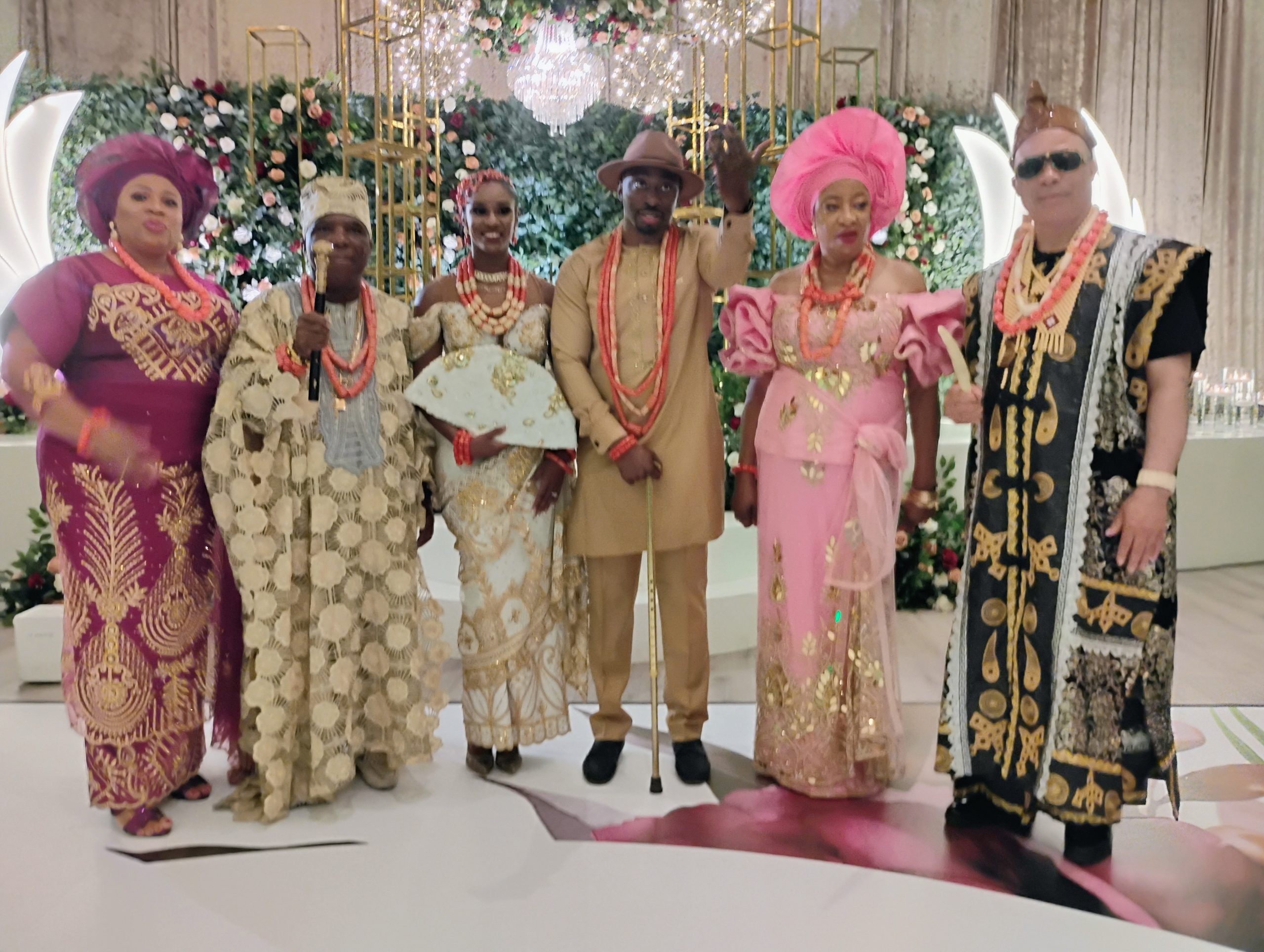
Lekan Sote
Despite not being fully persuaded about the argument for an ethnic nominee for the President of Nigeria, one can understand and sympathise with the Igbo insistent outcry to provide Nigeria’s President in 2023.
The purported threat of a total lockdown on election days throughout South-East by Ohanaeze Youth Council, if both the All Progressives Congress and Peoples Democratic Party, do not field presidential candidates of Igbo extraction, deserves close attention.
Northern Nigeria that has been mostly at the helm of affairs from 1957 when Abubakar Tafawa Balewa became Prime Minister has the highest rate of poverty, illiteracy, maternal and infant mortality, and insecurity in Nigeria.
Despite the North’s 47-year hold onto power that has not provided material comfort to their people in 65 years, the Northern political establishment still wants to cling to power.
Their brazen and embarrassing argument that power is their livelihood is absolutely crass.
There is no guarantee that the Igbo, who are already economically well-off, will profit more if one of their own was president. Some Igbo, like Senate Minority Leader, Eyinnaya Abaribe, give the impression that all they want is a restructured Nigeria and not quite an Igbo presidency.
Of course, the Igbo would have a vicarious satisfaction by having an Igbo president, the same way (especially) the Fulani of Northern Nigeria (and of the Sahel) rejoice that Major General Muhammadu Buhari (retd.), a Fulani, whose father reportedly came from Niger Republic, is President of Nigeria.
In a bid to support the Igbo quest to provide Nigeria’s next president, Pa Ayo Adebanjo, Leader of Yoruba socio-cultural organisation, Afenifere, counsels, “For equity, justice, inclusivity and sincerity in the belief in one Nigeria, the presidency should go to the South-East.”
He adds, “Any (other) Southern (Nigerian) candidate (or aspirant) is playing the games of Fulani hegemony… Any Fulani in support of a South-West (or South-South) candidate (or aspirant) is deceiving him.”
A reasonable argument advanced by the Igbo is that the gesture will ensure inclusiveness of the Igbo in the Nigerian project and discourage separatist tendencies of Indigenous People of Biafra and more moderate Movement for the Actualisation of the Sovereign State of Biafra.
The sense of “otherness” felt by the average Igbo is so palpable that you could almost touch it. It is obvious that an average Igbo is almost perennially in doubt about his acceptance by other Nigerians.
Another argument, derived from the former, is that they feel as if the civil war that ended in 1970 is still ongoing and that the “No Victor, No Vanquished” pronouncement by Head of State, General Yakubu Gowon, is hollow.
It’s even said that the Igbo generally have a siege mentality, not exactly an inferiority complex, but one that assumes that everyone and everything in Nigeria is against them as individuals and as a people.
Some point to the self-destructive “Unknown Gunmen,” wreaking death and chaos in “Ala Igbo,” or Igboland, bar Abia and Ebonyi states, and the economy-crippling sit-at-homes introduced after the “state capture,” incarceration and sham trial of IPOB leader, Nnamdi Kanu, by the Nigerian state, as evidence of self-doubt by the Igbo.
Observers say that the violence in the South-East is providing a good excuse for those who do not want a president of Igbo extraction. They think that an Igbo presidency could encourage breakaway tendencies, the same way cattle herders became more violent after Buhari became Nigeria’s president.
The fear of those with existential stake in the unity of Nigeria is that a president of Igbo extraction could allow the breaking away of the oil-rich Eastern Nigeria or a restructuring of Nigeria’s economy and politics to their detriment.
Yet another argument of the Igbo is that they are the most dispersed group in Nigeria. This, they argue, gives them the bonafide as the group with the greatest believe in Nigeria. Those who disagree argue that economics or survival, and not a sense of patriotism, is the major reason for the spread of the Igbo throughout Nigeria.
The Igbo argument that they have investments throughout Nigeria segues into their next argument: Willingness to invest in, and contribute to, the economic growth of other regions of Nigeria, demonstrates their pan Nigerian outlook.
When you argue that your interest in whoever becomes President of Nigeria is in the competence of the candidate, the Igbo swiftly respond with a surfeit of names of Igbo politicians and technocrats that they consider fit for the job.
To the argument that the Igbo never yield to each other, to present one of their own to the Nigerian people as an anointed candidate, they counter that it is left for the other Nigerians to pick whichever suits them from the abundance of talents presented by the Igbo nation. This is a clever, but reasonable, retort.
To the argument that the Igbo should present a consensus candidate, Pa Adebanjo suggests, “l’ll advise (the Igbo aspirants) to be united… Let us persuade all the Igbo candidates (he probably meant aspirants) to know that they have one common goal and interest (or candidate).
Sometime ago, there was talk that former Senate President Anyim Pius Anyim, former Anambra State Governor, Peter Obi, former Managing Director of Neimeth International Pharmaceuticals Plc, Sam Ohuabunwa, and diaspora physician, Dr. Nwachukwu Anakwenze, all from PDP, resolved to present one of them as consensus candidate.
But the talk seems to have fizzled out without explanation. Anyway, Igbo presidential aspirants in APC have, at least, resolved to support anyone of them that eventually snags the party’s presidential ticket.
If you consider Rotimi Amaechi, former Minister of Transportation, and Nyesom Wike, Governor of Rivers State, of South-South as Igbo, you have about 10 Igbo presidential aspirants. But then, someone argues that the Yoruba, with about five presidential aspirants in APC, are no better.
The Yoruba seem to have put all their presidential aspiration eggs in one APC basket. But the Igbo have substantial presence in the APC, the ruling party, as well as in PDP, the main opposition party.
An evidence, it would seem, that the Igbo have finally taken to the counsel of Isa Funtua, the late presidential friend and Northern Nigerian establishment cabal member, that the Igbo can only produce a president for Nigeria if they establish a pan Nigerian political network.
Interestingly, it is looking as if only Ebonyi State Governor, Dave Umahi, who, incidentally, is vying to be president on the platform of APC, is actively promoting the idea of an Igbo candidate for President of Nigeria.
Apart from joining their counterparts in the Southern Governors’ Forum to demand for a president of Southern Nigerian extraction, South-East governors have not quite come out strongly for a president of Igbo extraction.
The Igbo nation needs to watch out for quislings, like Senate Chief Whip, Orji Uzor Kalu, who was said to have stepped down for Senate President Ahmed Lawan, who wanted to run for president, but now seems to be contemplating stepping down for a Southern presidential aspirant.
The Igbo must get their acts together by closely engaging delegates at the forthcoming primaries of political parties as they pitch their perspective and talents to other nationalities in Nigeria.
It is time for the “Owners of Nigeria” to take a second look at the prospect of a Nigerian president of Igbo extraction.
Twitter: @lekansote


